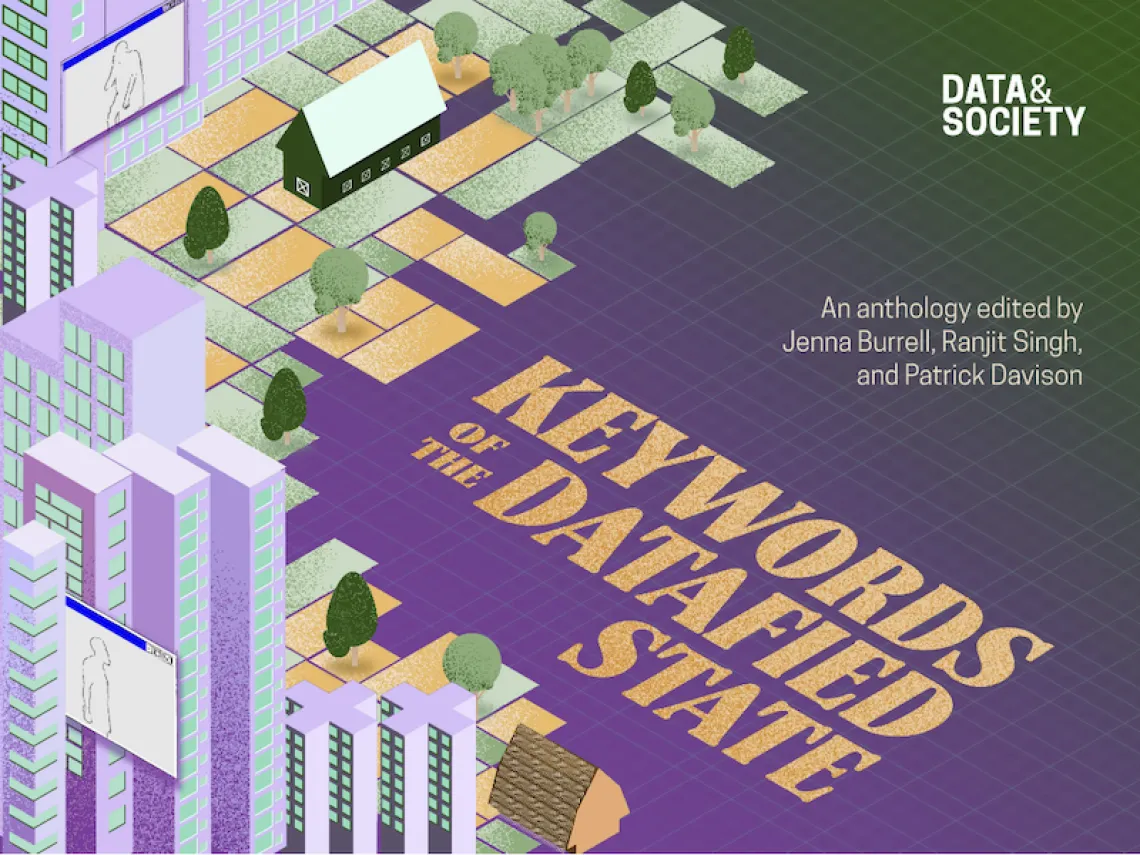Keywords of the Datafied State: Indigenous Data Sovereignty

Indigenous Data Sovereignty (IDSov) upholds the rights of Indigenous Peoples, communities, and Nations to “govern the collection, ownership, and application” of datasets created with or about Indigenous communities, Indigenous Lands, and the community’s non-human relations. IDSov shifts from Western transactional approaches to data governance characterized by rights-based, relational approaches that enact responsibilities to Peoples and Land. We describe IDSov as a means to disrupt colonial infrastructures, policies, and practices through centering Indigenous systems of governance and knowledges. Indigenous Peoples have diverse, specific relationships within their Lands, so there is no single approach to IDSov. We might best think of IDSov as a social movement that began by Indigenous Peoples in the 1990s living within English-speaking settler-colonial nation states (see the principles section below), so while IDSov might claim examples and practitioners, not all cases and practitioners use the term or identify with IDSov. Ultimately, as Elders remind us, IDSov renews our ancestral instructions — our traditions, protocols, and responsibilities for the care and transmission of communal knowledges and information — in the digital world.
Citation
Stephanie Russo Carroll, Marisa Duarte, and Max Liboiron. "Indigenous Data Sovereignty" in Keywords of the Datafied State (eds. Burrell, Singh & Davison). (April 24, 2024). Data & Society. https://datasociety.net/library/keywords-of-the-datafied-state/

